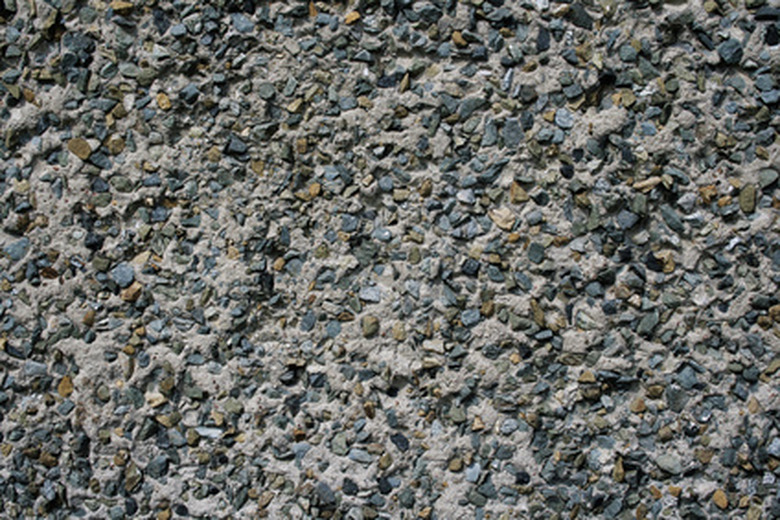Brush Vs. Spray Asphalt Sealer
Typically, a driveway is paved with asphalt. Subsequently, the surface is then secured with a top coat, or sealer. There are various application techniques for the sealer, including brushing and spraying.
Function
Asphalt is a sticky substance made of various sands and gravels to form a flat, solid roadway. The sealer acts as the protector of the surface from cracks and the weather elements.
Considerations
Contractors can seal asphalt by brushing or spraying the sealer on. By brushing it on, the thickness achieved may be uneven, resulting in a difficult cure over time and an overall slicker surface. On the other hand, spraying allows the sealer to be spread out in a uniform fashion, making it cure faster.
- Typically, a driveway is paved with asphalt.
- By brushing it on, the thickness achieved may be uneven, resulting in a difficult cure over time and an overall slicker surface.
Significance
Inevitably, brushing the sealer on leaves brush marks and an unwanted appearance that is permanent. The only recommended time to use sealers with a brush is to fill in any tiny, spider cracks the asphalt exhibits.
Choose An Asphalt Driveway Sealer
With multiple brands and grades available, choosing an asphalt driveway sealer can be overwhelming. The best tactics are to slow down, take a deep breath and educate yourself on the various types of driveway sealers. Identifying your sealant needs based on information rather than brand will help in choosing the right product for the job. Coal tar driveway sealers resist water, oil and gasoline and provide protection from ultraviolet rays, which can cause driveways to crack and deteriorate over time. Made from refined coal and other additives, coal tar sealants provide longer-lasting protection than asphalt-based sealers. Asphalt-based driveway sealers resist water but offer reduced protection against oil, gasoline and ultraviolet rays. On the upside, they produce less odor during application due to lower VOCs as compared to coal tar driveway sealers. Since grades are assigned by individual manufacturers, one company's "professional grade" may be another's "commercial grade."
- Inevitably, brushing the sealer on leaves brush marks and an unwanted appearance that is permanent.
- On the upside, they produce less odor during application due to lower VOCs as compared to coal tar driveway sealers.
References
- The National Pavement Contractors Association: Guide for Preparation of Specifications for the Application of A Refined Coal Tar Emulsion With Additives Over Asphaltic Pavements
- Dykes Paving: The Importance of Sealing Your Asphalt Driveway
- Sealbest: Blacktop FAQ
- Garage Floor Coating Tips: The Best Asphalt Sealer
- The Real Estate Home Guide Blog: Why You Should Seal Your Driveway
